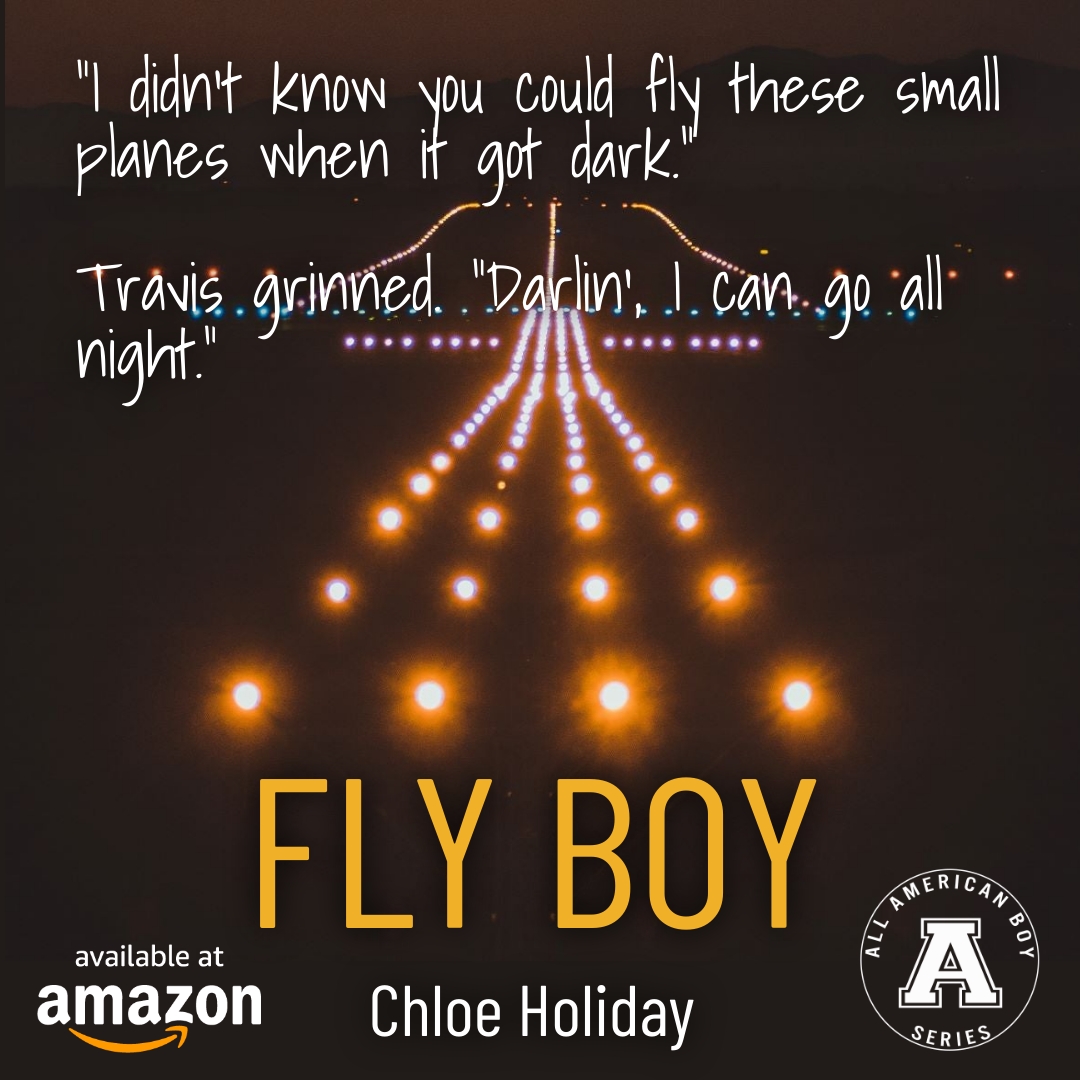
Anyone who’s read my work knows I love wordplay, and Fly Boy is no different, as illustrated by Travis’ innuendo above.
But what’s the difference between an innuendo, a double entendre, and a euphemism?
While they all have hidden meanings, the difference is in the intent. A euphemism is a way to sugarcoat something unpleasant or risqué, like death or sex, to make it socially acceptable.
A double entendre is a phrase that contains ambiguity, so can be interpreted in two ways. Its rarer cousin is the triple entendre. These often involve puns or homophones. Some make the distinction that a double entendre has to be funny, and these are sometimes inadvertent, like the headline “Kids make healthy snacks.” The earliest examples include Homer’s Iliad, when Odysseus tells the cyclops his name is ”No one.” Later, when the cylops is blinded, he tells his friends, when they hear his distress, that “No one is hurting me” and thus the wily Greek is able to escape.
An innuendo, on the other hand, is subversive and deliberate, and cloaks an insulting or smutty meaning within an innocent-sounding phrase, allowing the speaker plausible deniability. Shakespeare was the King of Innuendo, and they’re frequently used today to make kids’ movies more entertaining to adults. As a writer, I LOVE innuendo, not only for the fun of it, but because it’s good for characterization: a person’s social class and experience dictates whether one will “land” or not, so it can be a way for people to bond.
How many do I have in Fly Boy ? It lands in 2 days, and you can see for yourself!
Recent Comments